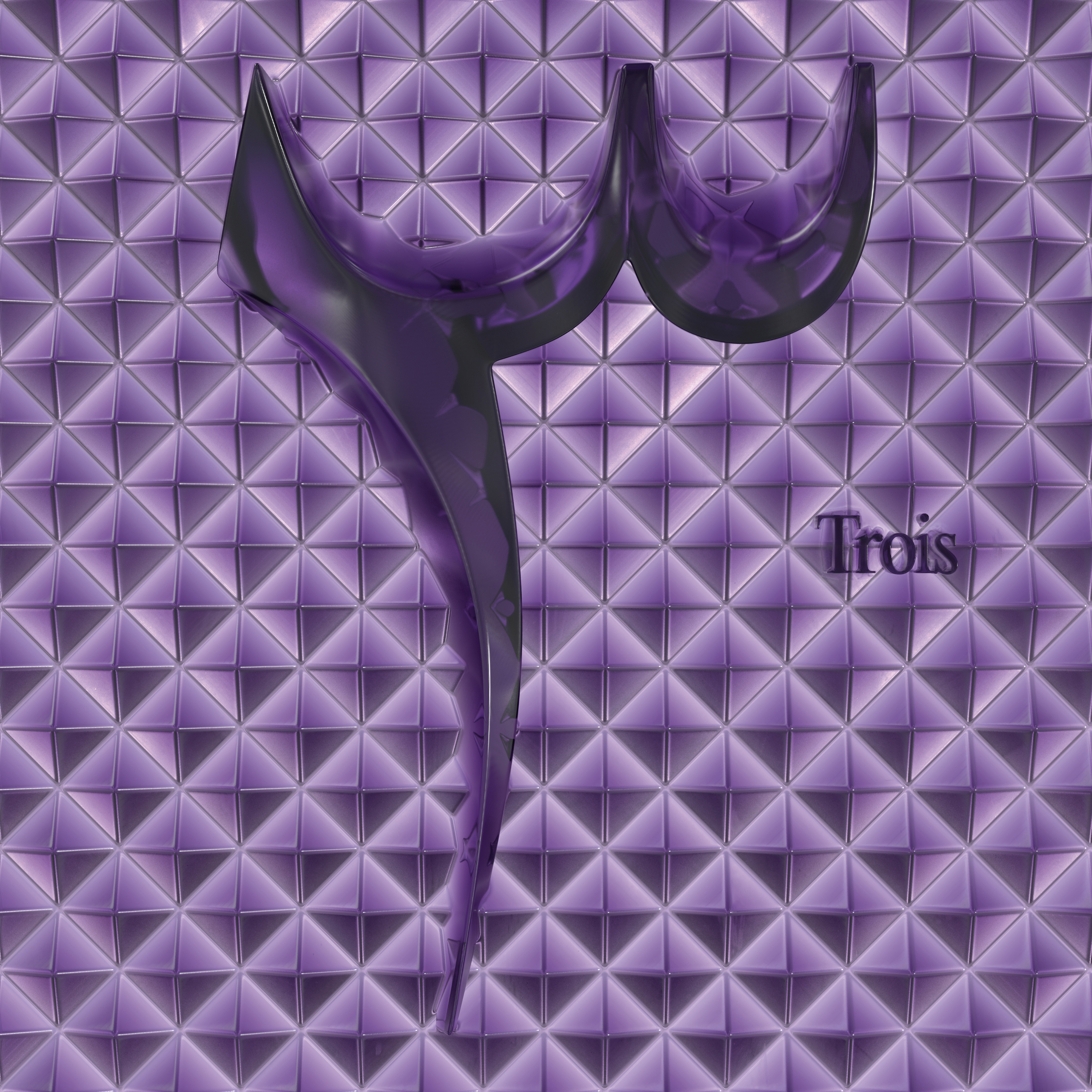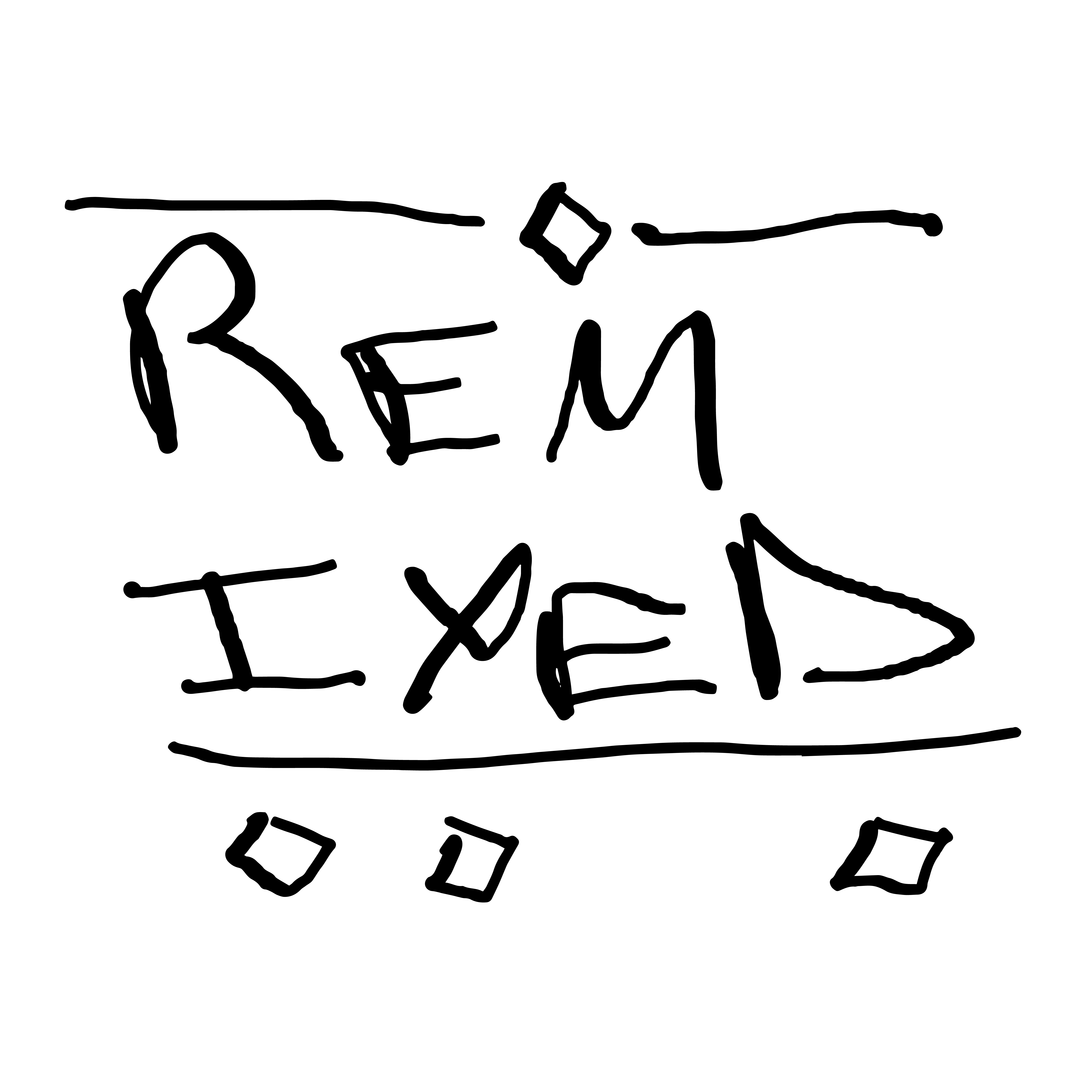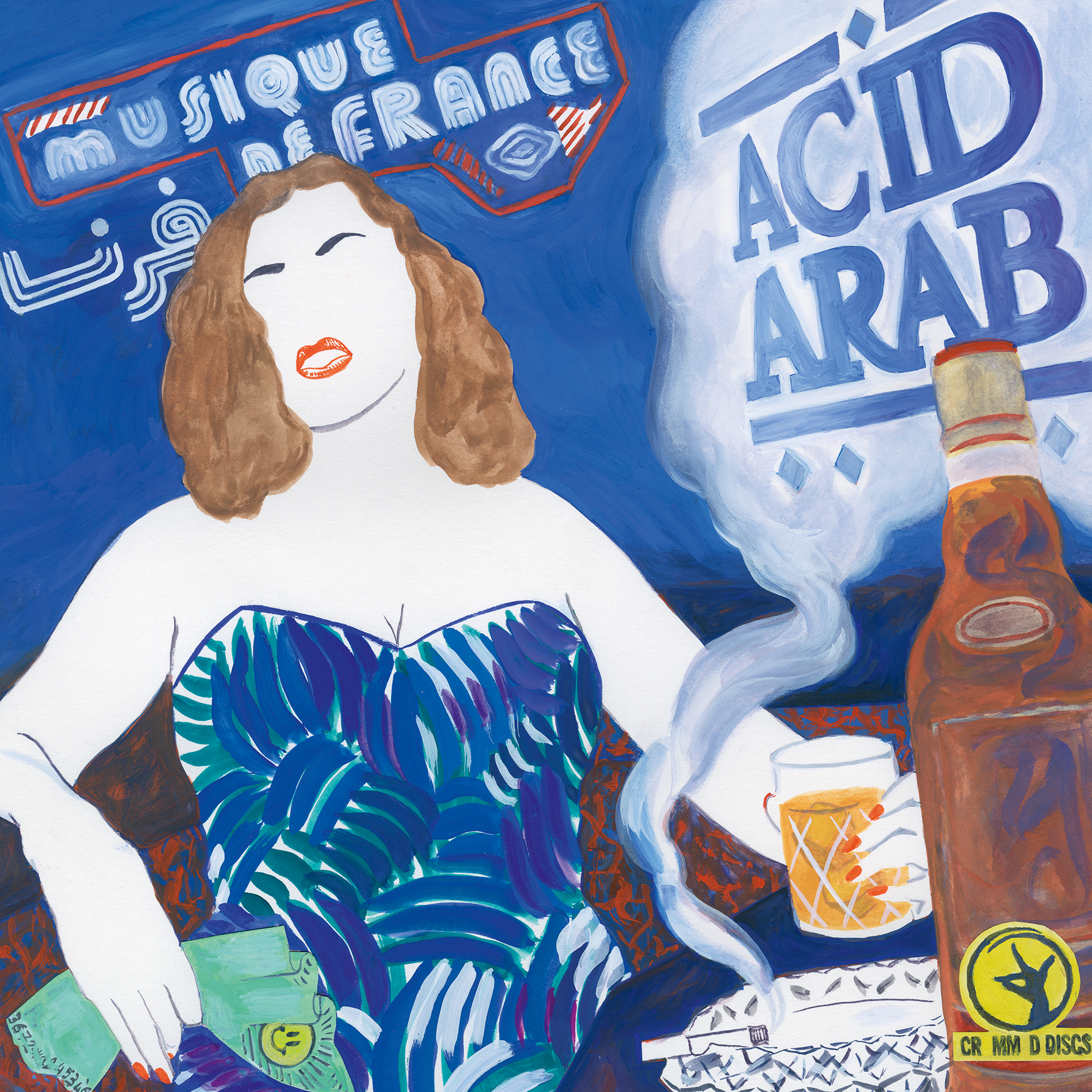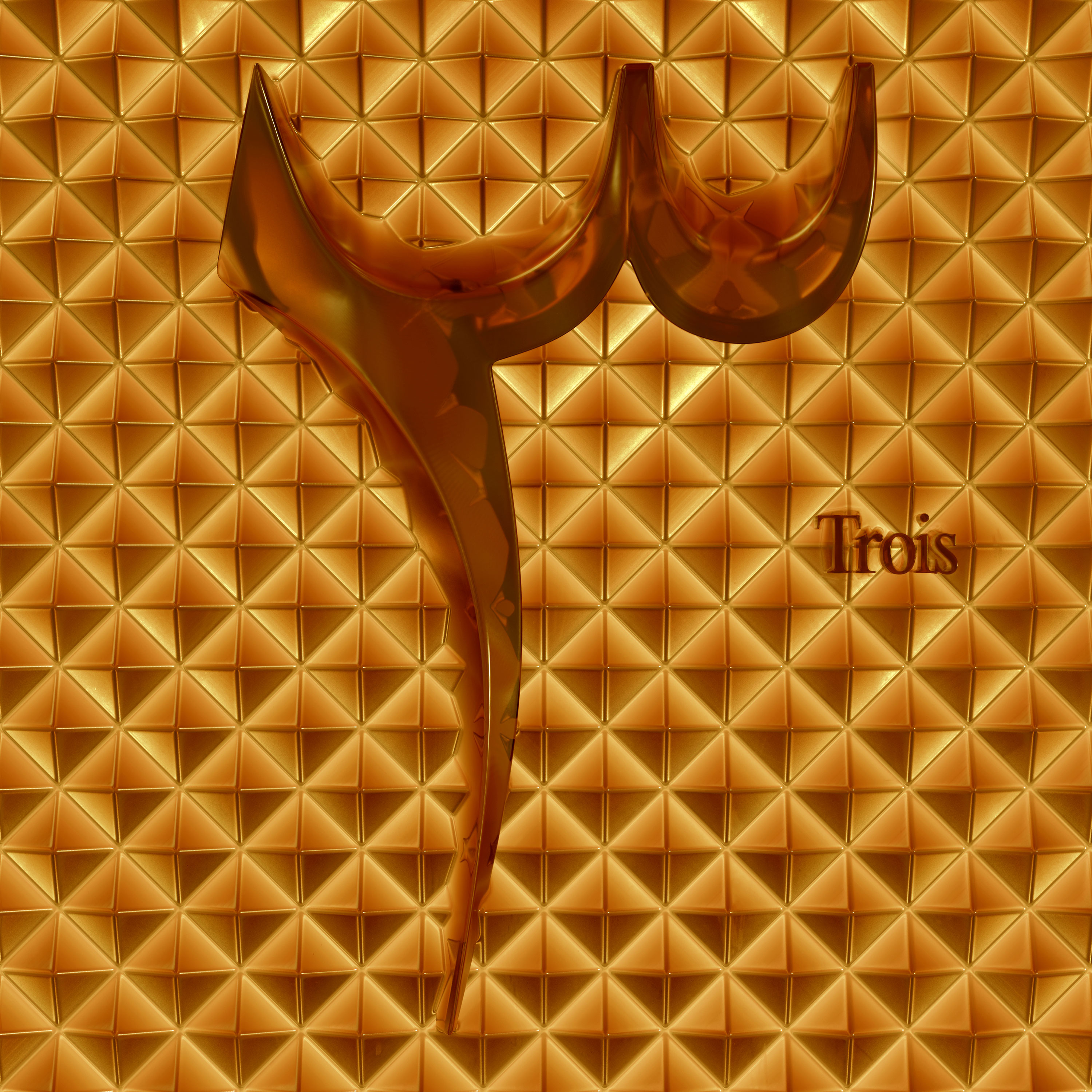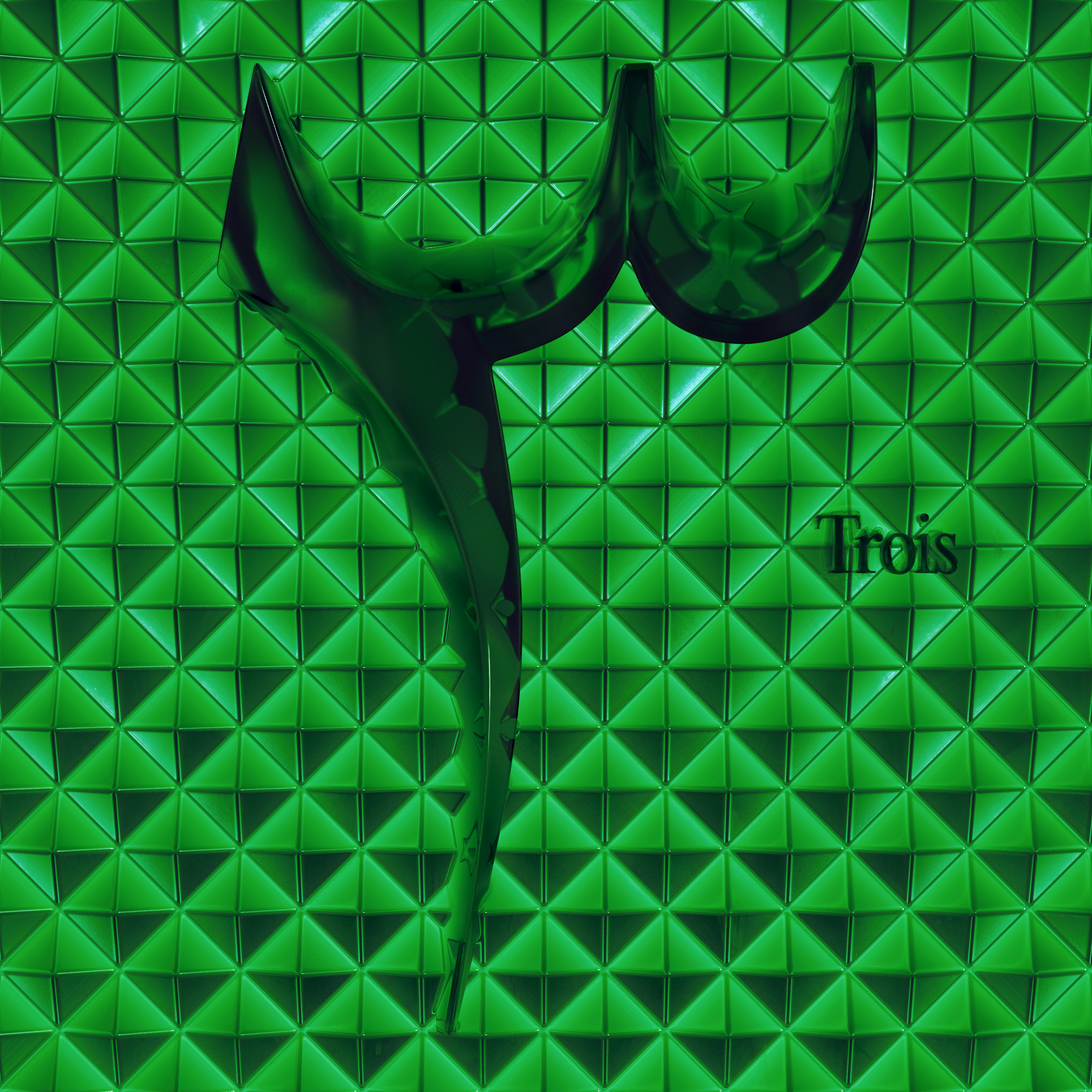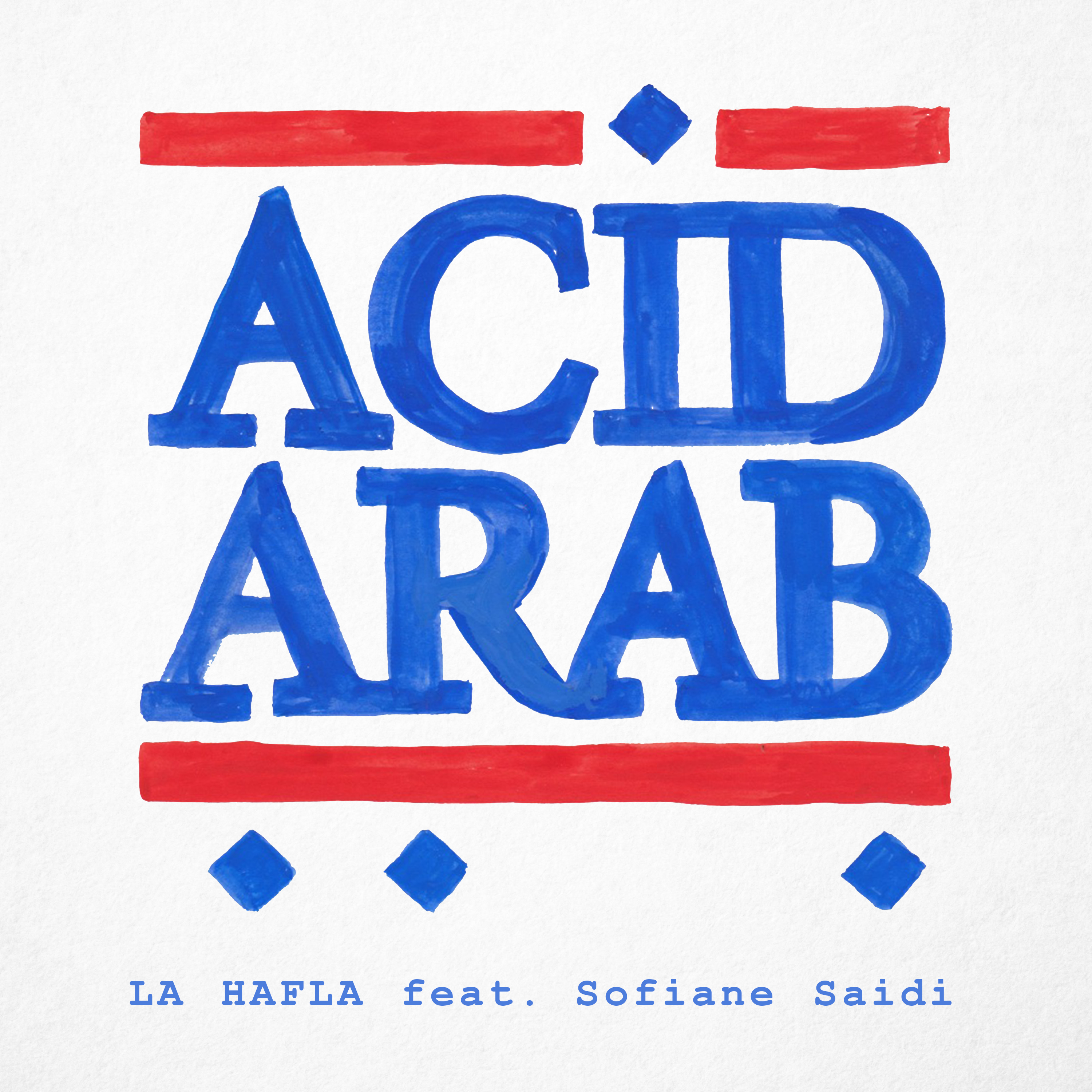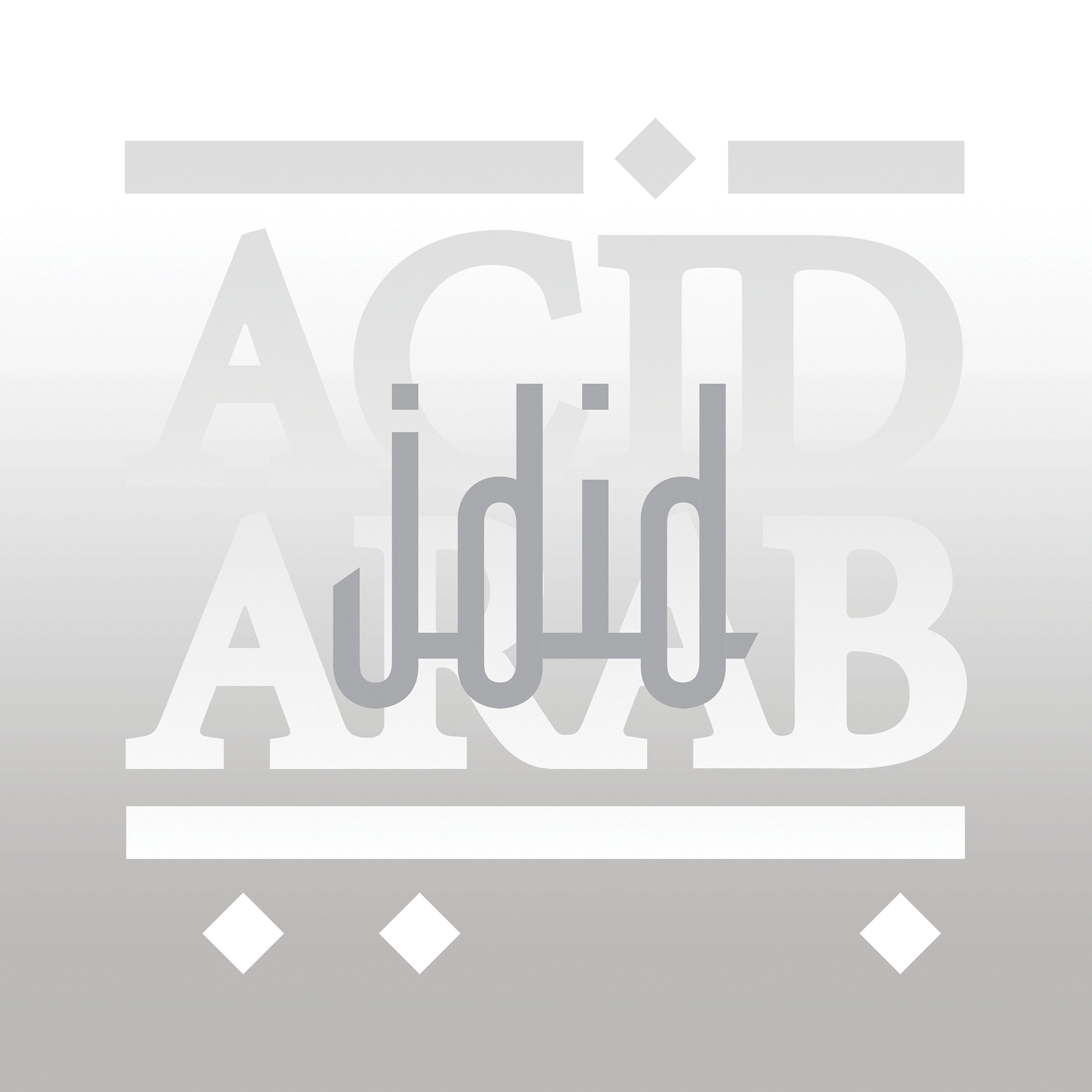
With their intoxicating blend of sharp Western electronic music and Eastern sounds & vocals, the Parisian crew have been setting fire to clubs and festivals worldwide, playing over 260 shows on four continents since the release of their debut album Musique de France at the end of 2016.
Jdid (meaning new or fresh in Arabic) sees the band taking a giant step forward on their path, and deepening the dialogue between the northern, southern and eastern shores of the Mediterranean (the northern shore extending, in this particular case, to the banks of the rivers Seine, Thames, Spree and Hudson!)
Throughout the album, club-oriented beats are taken for a ride, from suburban warehouses to smoky basements of Oran & Istanbul, from wide expanses of desert dunes to landscapes of concrete and metal, and are regenerated by the fresh breezes and the inspiring musicians encountered along the way.
Jdid features contributions by Algerian vocalists Radia Menel, Sofiane Saidi, Amel Wahby and Cheikha Hadjila, by Turkish artist Cem Yildiz and Syrian keyboardist Rizan Said, as well as tracks written in collaboration with Tunisian/Belgian producer Ammar 808 and with Les Filles d'Illighadad from Niger.
Keyboard player Kenzi Bourras originally joined Acid Arab to play on their live shows, but he's now become a full member of the band, and his Algerian roots played a crucial role in the development of the new tracks, some of which can be described as retrofuturist takes on raï music (the influential genre which flourished in Algeria since the 1920s, and became internationally popular in the 80s and 90s).
Quick track-by-track rundown:
Staifia ("Girl from Setif") features Algerian singer Radia Menel and some gasba flute.
Electrique Yarghol is based on nasty loops and the sound of the yarghol, the traditional Palestinian reed pipe.
Nassibi ("Destiny") was written in a tour van, and features Paris-based raï figure Amel Wahby.
Club DZ: DZ (for "DjaZair") is the country code on Algerian license plates. The track might be described as Algiers-meets-Chicago.
Rimitti Dor, meaning "Rimitti plays" on the car stereo. The character in Sofiane Saidi's lyrics is driving around, trying to soothe his broken heart by listening to the music of classic raï godmother Cheikha Rimitti. All the classic raï tropes: bad boys, alcool and unrequited love
In Rajel, Acid Arab and talented Belgian-Tunisian producer Ammar 808 play around with Tunisian mezwed and 90s-tinged beats.
Soulan ("softly") sees former Sahel shepherds Les Filles d'Illighadad bringing a touch of Tuareg blues to the party.
Was Wasmeans "dark thoughts", this feverish track takes us back in time to you know when.
Ejma was written & recorded with Cem Yildiz (who already appeared on the band's debut album), and seems to emerge from an imaginary goth cave somewhere in Turkey.
Ras El Ainfeat. dabke master keyboardist Rizan Said (who co-wrote and performed many of Omar Souleyman's tracks).
Malek Ya Zahriis eighties-style raï reconsidered, and is carried by the powerful voice of Cheikha Hadjla.









